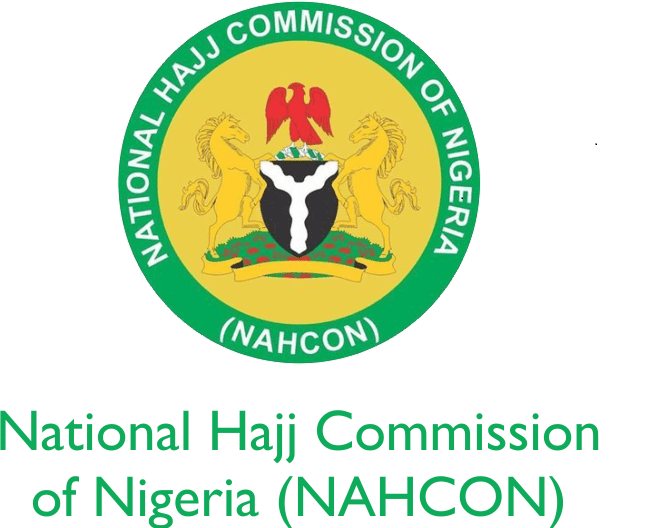Following President Bola Ahmed Tinubu’s directive to review the 2026 Hajj fares, the National Hajj Commission of Nigeria (NAHCON) has formally requested the Central Bank of Nigeria (CBN) to reduce its charges levied on pilgrims. The commission has specifically asked for the 2% charge imposed on pilgrims’ transactions to be reconsidered.
This appeal was made during a meeting yesterday at the Hajj House in Abuja, which aimed to harmonise the exchange rate for Hajj 2026 cost computations involving officials from the State Pilgrims Welfare Boards.
NAHCON had previously announced that the official fare for the 2026 Hajj pilgrimage would be N8.2 million for pilgrims from the Northern region and N8.5 million for those from the Southern region. However, with concerns regarding the fares, President Tinubu, through Vice President Kashim Shettima, ordered an immediate reduction in costs, citing the recent appreciation of the naira against the dollar—a key factor in determining pilgrimage fares.
During the meeting, NAHCON indicated that negotiations are underway to reduce specific cost components, such as cargo handling charges, to alleviate the financial burden on prospective pilgrims. The commission, however, reiterated that any reductions in rates charged by service providers would be carefully considered to avoid compromising the quality of services delivered to pilgrims.
In a statement made available to journalists by Fatima Sanda Usara, deputy director of information and publication, Chairman of NAHCON, Professor Abdullahi Saleh Usman, urged unity among officials and stressed the importance of medical screenings, highlighting their significance outlined by Saudi Arabian authorities.
Additionally, Commissioner Aliu AbdulRazak, responsible for Policy, Personnel Management, and Finance, announced that the Chairman had approved regular fund transfers to the CBN as they are received from the states, aiming to take advantage of favourable exchange rates.
Of particular concern, the meeting disclosed that the Mashair space allocated for Nigeria’s pilgrims on the NUSUK Masar portal had been confirmed to be 66,910 slots for the 2026 Hajj. While Nigeria was allocated 95,000 slots, only 51,513 will be available for States and official operatives, with 15,397 earmarked for licensed tour operators.
This reduction follows Saudi Arabia’s decision to cut Nigeria’s camp slots due to underutilisation in previous years. Prince Anofiu Elegushi, the Commissioner of Operations, noted that allocations would be adjusted based on each state’s performance during the 2025 Hajj.
NAHCON has requested States to submit the number of registered pilgrims to ensure alignment with NAHCON’s registration projections, facilitating proper planning. Alhaji Idris Almakura, Chairman of the Forum of States, highlighted the critical nature of the slot limitations on the NUSUK Masar portal.
States were reminded of the newly established deadline of December 21 for financial remittances.
Each state must set an internal deadline to ensure timely transfers to NAHCON. To promote compliance, NAHCON will conduct nationwide sensitisation campaigns for States and pilgrims to underscore the urgency of meeting this deadline.
Furthermore, NAHCON has announced that this year’s Hajj will adopt the standard international luggage policy, permitting each pilgrim two 23kg checked bags and one backpack as hand luggage.
The commission also reiterated Saudi Arabia’s stringent medical requirements for pilgrims. Individuals with severe medical conditions—including organ failure, neurological or psychiatric disorders, dementia, pregnancy, active cancer undergoing chemotherapy, tuberculosis, or other communicable diseases—will not be permitted entry into the kingdom. Dr Saidu Dumbulwa, a NAHCON board member representing the Ministry of Health, explained that these measures aim to mitigate the risk of disease transmission and reduce the healthcare burden on Saudi authorities.
The commission stated that designated hospitals will only conduct medical screenings to strengthen compliance. Specific integrity-minded individuals will be authorised to sign medical certifications, which will also require a countersignature from the State’s Chief Medical Director to prevent forgery. Visa issuance will be contingent upon verifying these medical certificates upon entry. Therefore, adherence to these medical regulations is imperative, with any violations potentially leading to collective accountability for Nigeria.





